O’Keefe Winners Database 1895–2010
 A Searchable Comprehensive Digital Database of Motor Racing Events 1895–2010
A Searchable Comprehensive Digital Database of Motor Racing Events 1895–2010
by James O’Keefe
This CD-ROM (or web download) is a digital version of James O’Keefe’s The Winners Book: A Comprehensive Listing of Motor Racing Events 1895–2009. Just look at the ending year in the book title and you see the CD’s key attraction: unlike a printed book, a digital database can be kept current in perpetuity in the form of periodic updates. And it is searchable. And it is so much more portable than a beefy book. And more durable than a book. And buying the downloadable version online puts it into your hands as soon as you paid for it. And . . .
If you are not already familiar with the book, read that review first as there is no point in duplicating the comments here. But, for the sake of convenience, here a quick refresher: divided into nine types of racing the 576-page book presents statistics of over 22,000 auto races from all over the world in tabular form by date, race name, track, laps, distance, winner, winning car, time, and championship status. It’s a marvelous book and a monumental undertaking. While clearly not bedtime reading for the general-interest reader it is a critical, and soon indispensable, tool for the researcher, writer, journalist, and serious racing enthusiast.
Database updates will be released each spring and include the preceding season’s results. This first database was released in April 2011 and thus includes the 2010 results, extending by one year the book’s coverage. Several of our reviewers spent hours randomly poking around in the database and all we can say is: it works as advertised. Targeted searches take some planning—the quality of the answers the database can give depend on the quality of the questions you ask, i.e. the search criteria you use. Anyone who has used, or designed, a database recognizes this inescapable truism. Complex databases are rarely intuitive or self-explanatory and take some getting used to. The instructions that come with this one do quite a good job at not making it intimidating. The best way to familiarize yourself with its functionality is to practice by searching for a result you already know and then compare that to what the database spat out. If there is some initial frustration, try, try again . . .
The ca. 138 MB database runs on Mac (OS X) and PC (various Windows versions). Once you have installed the database in your Applications folder you need to enter at initial start-up an access key to launch it. CD-ROM users will find that key on a sticker in the jewel case, behind the CD—we initially paid no attention to the sticker and were ready to call tech support when no key was to be found (the read-me pdf mentions the key but not where it is). The license agreement allows installation on two computers.
Rather than reinventing the wheel we reproduce here the pertinent text from the instructions to describe how the database works:
Get Started:
The O’Keefe Winners Database is organized into three groups of information. Each group is accessible by the three tabs labeled: Specifications, Champions, Results.
To get started, click on one of the three tabs. All three have a Quick Select method to select subsets of information in the group for viewing. What makes it quick is that all you have to do is select the Chapter and Series from a pop down list (click on the down arrow) and the data is instantly presented. To view the details of a row of data, select (click) on a row in the Quick Data list presented. The Quick Data information can be printed.
Within each group the database is organized into 9 Chapters just as The Winners Book is organized (1 – Grand Prix-Formula 1; 2 – American Championship; 3 – Major National Formula; 4 – Second Rank Formula; 5 – Third Rank Formula; 6 – Sports Cars; 7 – Stock Cars; 8 – Tran-Am, IROC and Touring Cars; 9 – Motorcycles)
How to Search:
Champions and Results also provide a search method which can be used with very simple to complex match criteria. To access the search mechanism, click the Search All… button which can be found in the lower right corner of the window.
You can specify multiple queries, each selecting a different subset of data. When viewing the found matches, you can click on the column headers to sort by that column’s data.
General Help:
Most objects (pop down lists, buttons, etc.) have tooltips which display helpful information if you pause your mouse pointer over them. Entry fields with pop down lists perform auto fill. For example, if you type “mario” in the Winner search field, you will see “mario Andretti” since the auto fill is presenting the name that is the closest valid data to what you have typed. If you want what is presented hit the tab key, otherwise just keep typing to enter what you want.
Copyright 2011, Sabu Advani (speedreaders.info).


 RSS Feed - Comments
RSS Feed - Comments


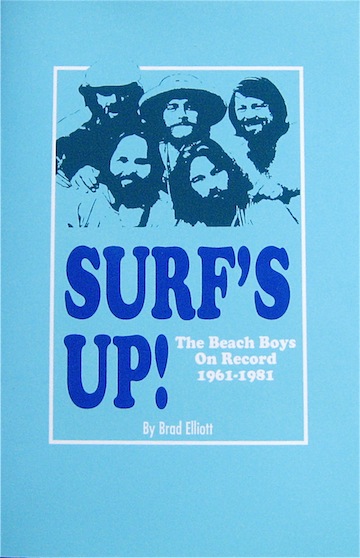



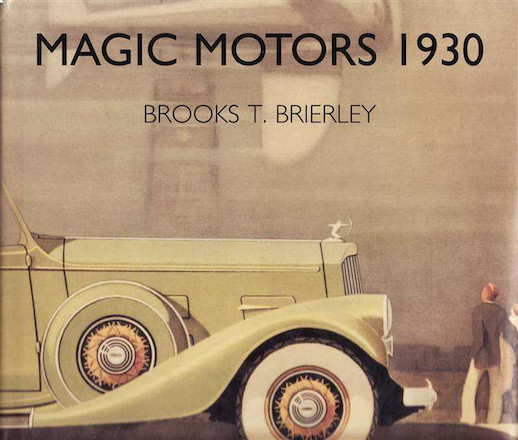











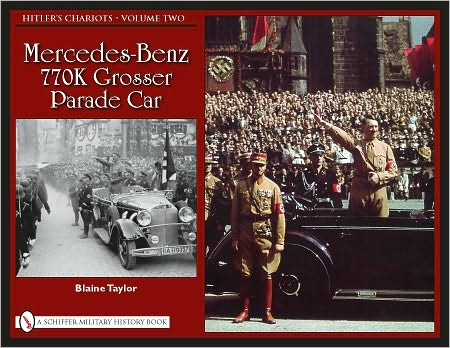
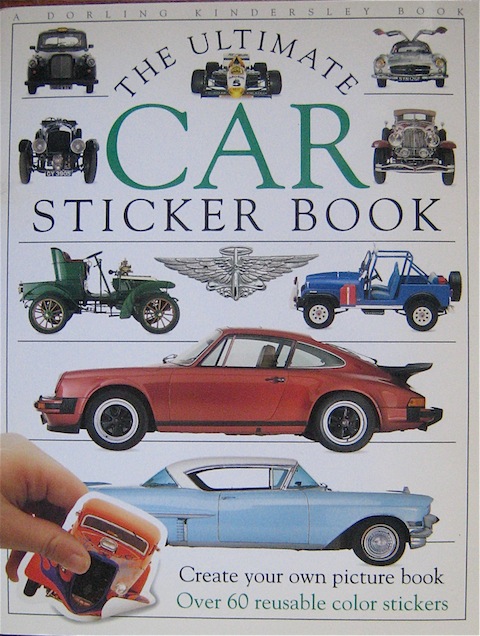


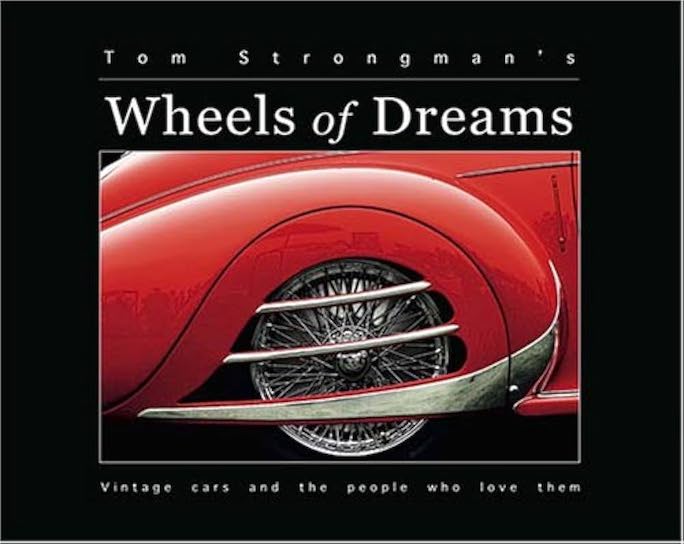
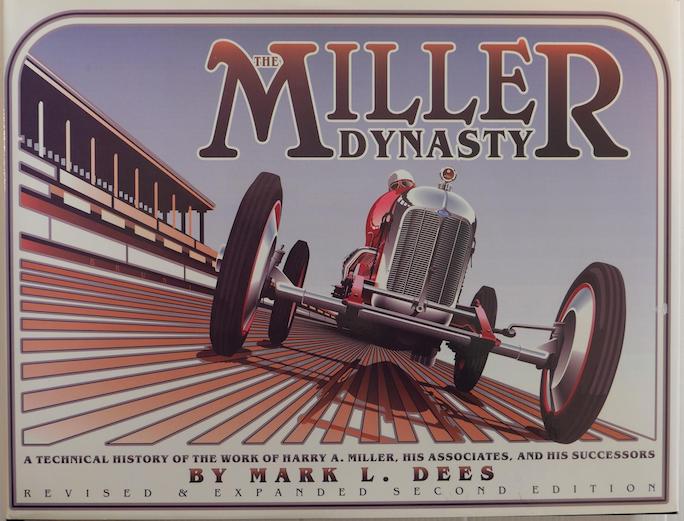









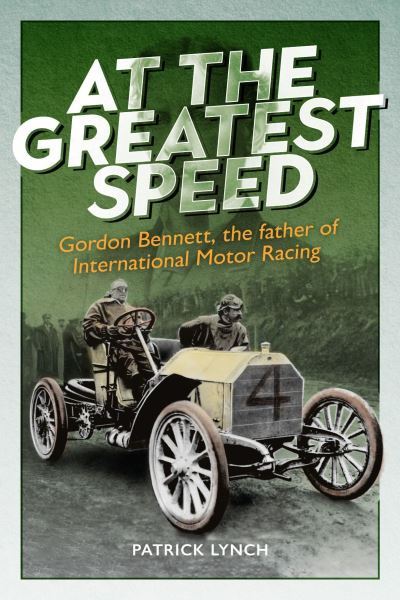


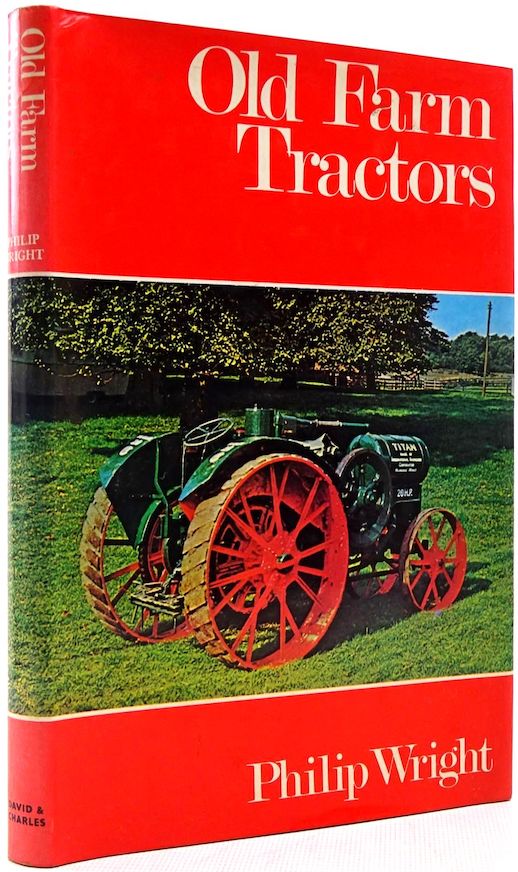









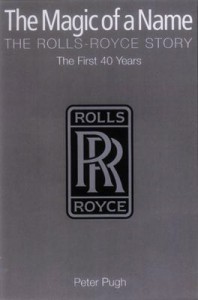
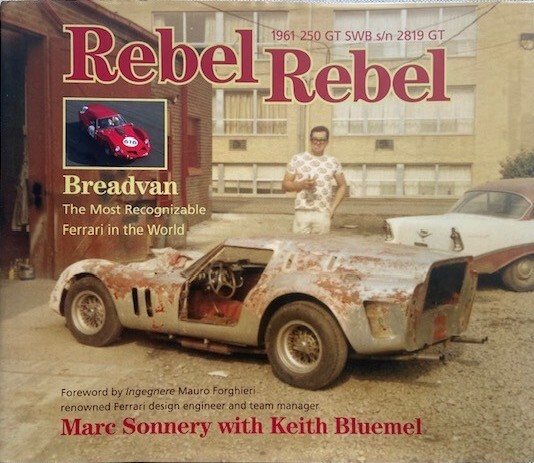





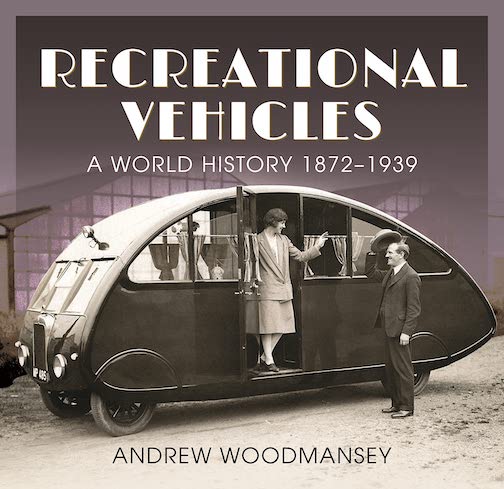












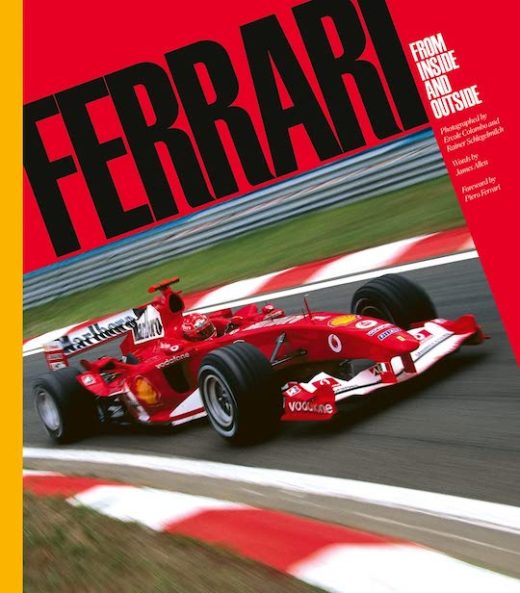


 Phone / Mail / Email
Phone / Mail / Email RSS Feed
RSS Feed Facebook
Facebook Twitter
Twitter